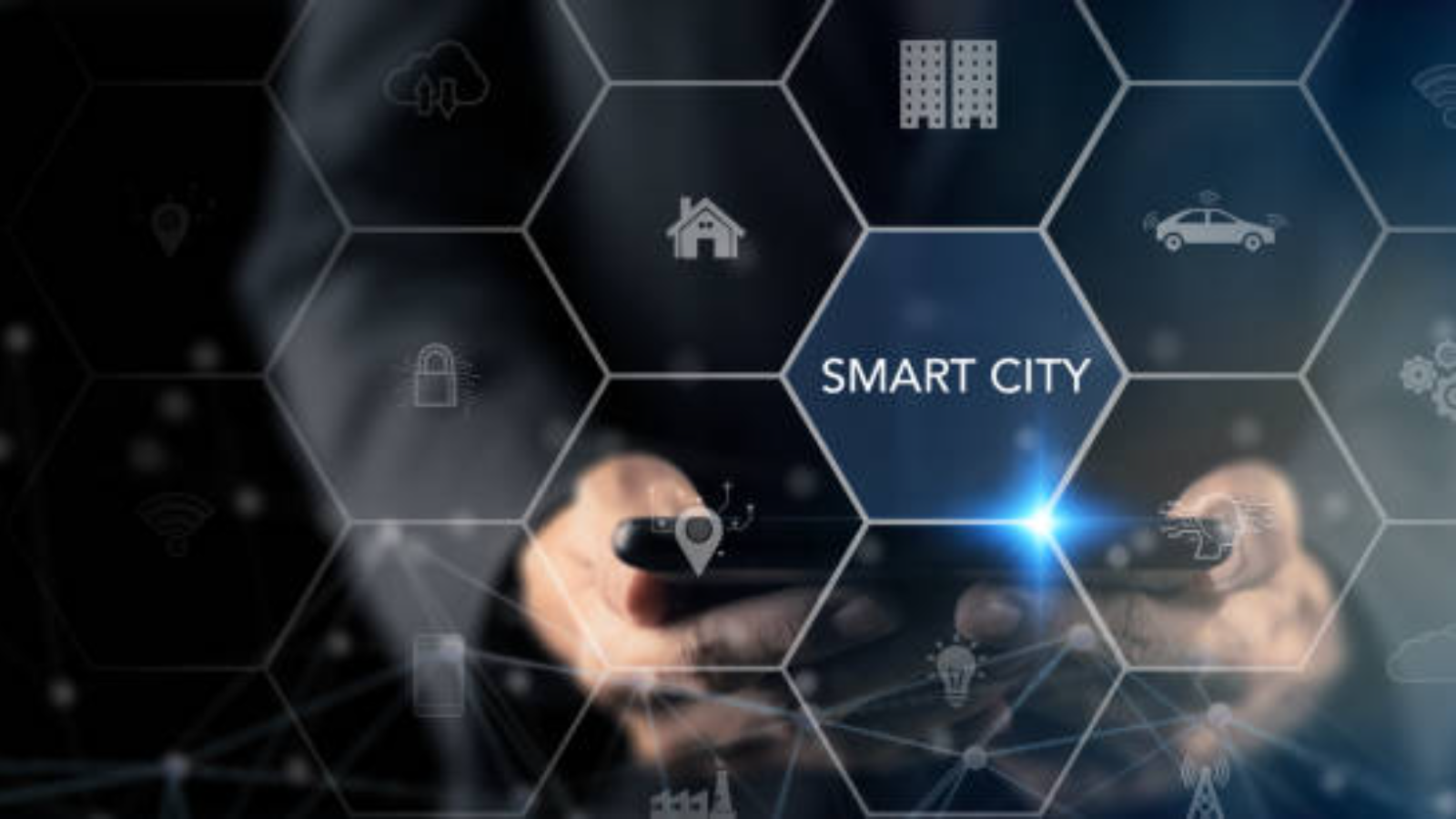In this Article
Introduction
In an era of rapid technological advancement and growing urbanization, the concept of a “smart city” has emerged as a beacon for sustainable and efficient urban living. But what exactly is a smart city? This article aims to provide a comprehensive understanding of smart cities, shedding light on their key components, benefits, and real-world applications.
By the end of this guide, you’ll have a clear picture of what makes a city “smart” and how these innovations are shaping the future of urban living.
What is a Smart City?
A smart city leverages technology and data to improve the quality of life for its residents. It integrates information and communication technology (ICT) with various physical devices connected to the Internet of Things (IoT) network to optimize the efficiency of city operations and services. Here are some key components that define a smart city:
- Data-Driven Decision-Making: Smart cities collect data from various sources such as sensors, cameras, and social media. This data is then analyzed to make informed decisions that enhance city services, from traffic management to waste collection.
- Sustainable Infrastructure: One of the primary goals of a smart city is to promote sustainability. This includes using renewable energy sources, efficient waste management systems, and green building practices.
- Enhanced Connectivity: Smart cities prioritize connectivity through high-speed internet and widespread Wi-Fi availability. This ensures that residents and businesses can stay connected and access services seamlessly.
- Citizen Engagement: In a smart city, residents are not just passive consumers of services but active participants. Through mobile apps and online platforms, citizens can report issues, provide feedback, and stay informed about city developments.
- Smart Governance: Smart cities implement e-governance initiatives to enhance transparency and efficiency in public administration. This includes online portals for government services, digital identity systems, and participatory budgeting platforms.
Key Benefits of Smart Cities
Implementing smart city technologies offers numerous benefits that can significantly improve urban living. Here are some of the most notable advantages:
- Improved Quality of Life: Smart cities aim to enhance the overall quality of life by providing efficient public services, reducing pollution, and promoting safety. For example, smart street lighting can reduce energy consumption and improve public safety.
- Economic Growth: By fostering innovation and attracting businesses, smart cities can drive economic growth. The availability of advanced infrastructure and technology can create new job opportunities and boost local economies.
- Environmental Sustainability: Smart cities prioritize sustainable practices that reduce the environmental impact of urban living. This includes using renewable energy, efficient waste management, and green transportation options.
- Efficient Resource Management: Using data and technology, smart cities can optimize the use of resources such as water, energy, and transportation. This leads to cost savings and a more sustainable urban environment.
- Enhanced Public Safety: Smart cities employ advanced technologies such as surveillance cameras, emergency response systems, and predictive policing to enhance public safety and reduce crime rates.
Real-World Examples of Smart Cities
To better understand the concept of smart cities, let’s look at some real-world examples:
- Barcelona, Spain: Barcelona has implemented a range of smart city initiatives, including smart parking, energy-efficient buildings, and a comprehensive sensor network to monitor air quality and noise levels. These efforts have resulted in significant improvements in traffic management, energy consumption, and overall quality of life.
- Singapore: Singapore is often hailed as one of the smartest cities in the world. The city-state has invested heavily in smart technologies, including a nationwide sensor network, autonomous vehicles, and smart public housing. These initiatives have helped Singapore address challenges such as traffic congestion, housing shortages, and environmental sustainability.
- Copenhagen, Denmark: Copenhagen has set ambitious goals to become carbon-neutral by 2025. The city has implemented various smart city solutions, such as smart grid technology, bike-sharing programs, and green building practices. These efforts have made Copenhagen a global leader in sustainability and smart urban planning.
- Amsterdam, Netherlands: Amsterdam has embraced smart city technologies to enhance urban living. Initiatives such as smart traffic management systems, energy-efficient buildings, and open data platforms have made Amsterdam a model for innovation and sustainability in urban planning.
Conclusion
Smart cities represent the future of urban living, offering a range of benefits that can significantly improve the quality of life for residents. By leveraging technology and data, smart cities can enhance public services, promote sustainability, and drive economic growth. As more cities around the world adopt smart city initiatives, we can expect to see a transformation in the way we live, work, and interact with our urban environments.
How Can We Help?
The AlphaX ecosystem is designed to address the challenges faced by modern cities by providing innovative smart city solutions. From data-driven decision-making tools to sustainable infrastructure, AlphaX can help your city become smarter and more efficient. To learn more about how we can help, visit our contact page.
References
Related Blog Posts
How Smart Cities Connect: Getting Started with Edge AI and IoT Technology
How to Get Started with Edge AI and IoT Technologies in Smart Cities: Overcoming Integration Challenges In recent years, the concept of smart cities has evolved from a futuristic Read More
5 Step Strategy: Ensuring Security and Privacy in 15-Minute Smart Cities
Introduction Ensuring security and privacy in 15-minute smart cities is a critical challenge as urban areas become increasingly connected through IoT and edge AI technologies. These cities aim to Read More
What is a smart city and the challenge of legacy systems
How to Get Started with Integrating Legacy Systems in Smart Cities Smart cities are transforming urban landscapes by leveraging technology to improve the quality of life for residents. However, Read More




